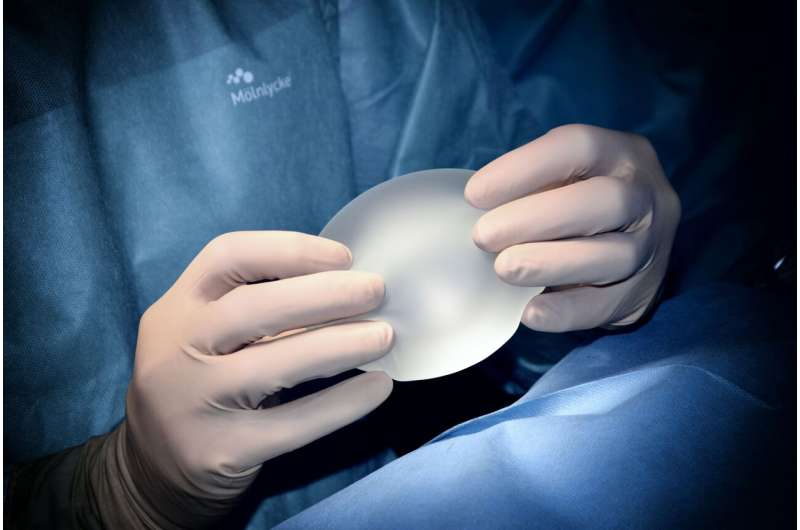Breast Implants and the Elevated Risk of Breast Lymphomas: What You Need to Know

New research reveals an increased risk of breast lymphomas, including ALCL, linked to implant-based reconstruction post-mastectomy. Explore the latest findings on safety and risk factors.
Recent research from Columbia University highlights a concerning association between implant-based breast reconstruction following mastectomy and an increased risk of developing breast lymphomas. The study specifically links this procedure to a higher incidence of various non-Hodgkin lymphomas, including anaplastic large-cell lymphoma, B-cell, and T-cell types.
Historically, cases of anaplastic large-cell lymphoma (ALCL) associated with breast implants have prompted widespread safety alerts, with the U.S. Food and Drug Administration (FDA) issuing a black-box warning for all breast implants. A 2022 FDA safety communication expanded this concern, recognizing a broader spectrum of non-Hodgkin lymphomas linked to implants. These cases are largely confined to the tissue capsule surrounding the implant, stemming from chronic inflammation that promotes abnormal lymphocyte proliferation within a hypoxic tumor microenvironment.
The recent study analyzed over 61,000 women who underwent implant-based reconstruction after mastectomy, with an average follow-up period of nearly seven years. During this timeframe, the researchers observed 15 cases of non-Hodgkin lymphomas within the breast, representing a fivefold increase compared to expected rates. Specifically, seven cases of ALCL exhibited a risk approximately 42 times higher than the general population, and other lymphoma subtypes such as diffuse large B-cell, small lymphocytic, and peripheral T-cell lymphomas were also significantly elevated.
Notably, the absolute risk remains very low; however, the findings suggest that breast implants may contribute to the development of certain lymphomas. Importantly, no increased risk was identified outside the breast tissue or in women who had mastectomy without implants or underwent lumpectomy treatments.
While these findings are significant, the authors emphasize that the overall likelihood of developing lymphoma post-implant is minimal. Current data indicate that the risk pertains largely within the breast tissue capsule, and ongoing surveillance is essential. Future research should focus on identifying specific patient characteristics or implant-related factors that may influence risk, ensuring safer surgical options and improved patient counseling.
In summary, women considering implant-based reconstruction should weigh the very low but increased potential risk of breast lymphomas. Medical professionals continue to monitor these associations closely, underscoring the importance of personalized risk assessment and informed decision-making.
Source: https://medicalxpress.com/news/2025-08-implant-based-reconstruction-linked-breast.html
Stay Updated with Mia's Feed
Get the latest health & wellness insights delivered straight to your inbox.
Related Articles
'Fiery' Cell Death During Chemotherapy May Drive Bladder Cancer Resistance
New research suggests that chemotherapy-induced inflammatory cell death may promote bladder cancer resistance by activating support cells, highlighting potential for targeted combination therapies to improve outcomes.
How Routine Blood Tests Can Predict Outcomes in Spinal Cord Injury Patients
New research shows that routine blood samples analyzed with machine learning can predict spinal cord injury severity and outcomes early after injury, improving prognosis and treatment decisions.
Innovative Hydrogel Platform Enhances Dendritic Cell Activation for Cancer mRNA Vaccines
A novel hydrogel platform actively recruits dendritic cells to improve the efficiency of mRNA cancer vaccines, promising enhanced immune responses and potential applications in cancer immunotherapy.
Potential of Cholesterol-Lowering Drugs as a New Treatment for Liver Cancer
Research reveals that atorvastatin, a common cholesterol-lowering medication, may be repurposed as an effective treatment for liver cancer, offering hope for improved therapies and patient survival.



